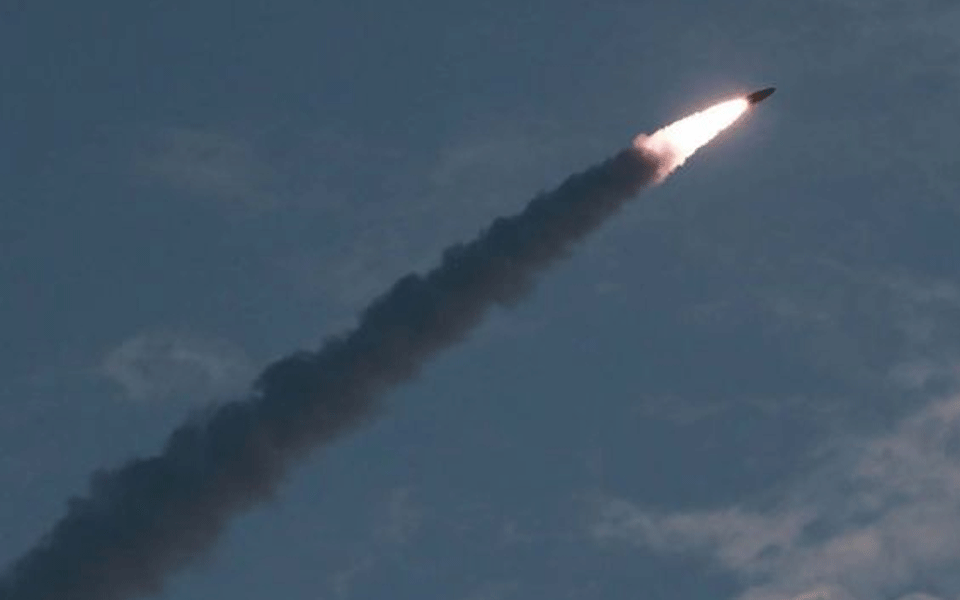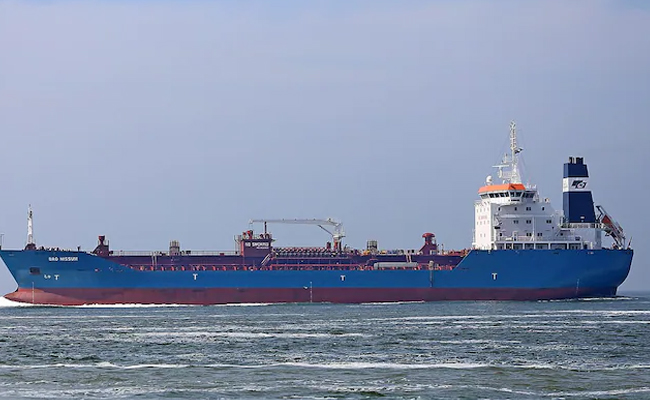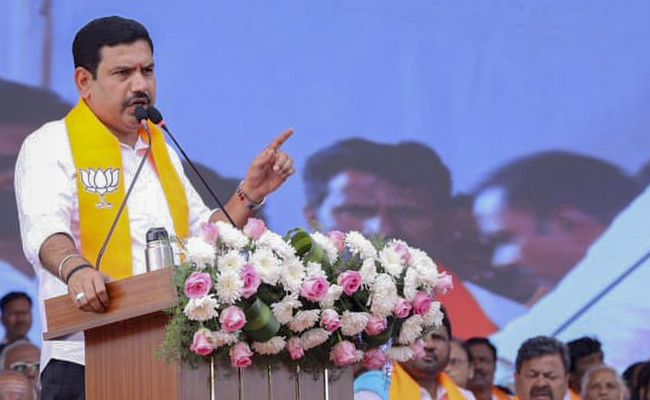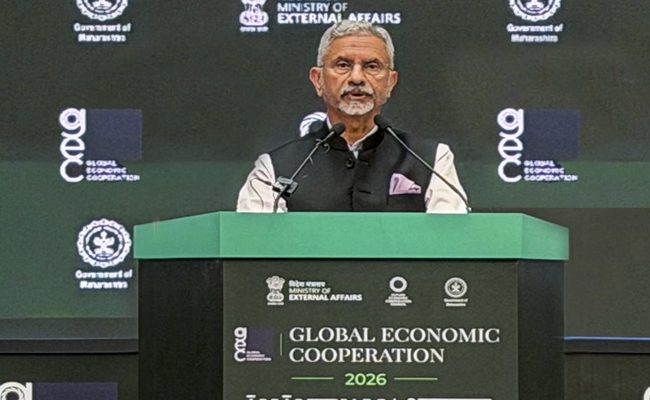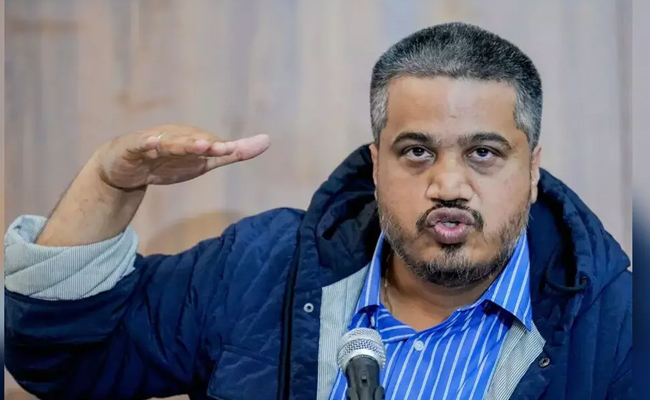Seoul: Pyongyang fired two ballistic missiles on Wednesday, Seoul said, days after a similar launch that the nuclear-armed North described as a warning to the South over planned joint military drills with the United States.
The two devices were fired from the Wonsan area on the east coast at dawn and flew around 250 kilometres (155 miles), said South Korea's Joint Chiefs of Staff.
"We stress a series of missile launches do not help ease tensions in the Korean Peninsula and urge the North to refrain from such acts," they said in a statement.
The North is banned from ballistic missile launches under UN Security Council resolutions but it was the second such firing in less than a week, despite a meeting between leader Kim Jong Un and US President Donald Trump last month.
Pyongyang and Washington are engaged in a long-running diplomatic process over the North's nuclear and missile programmes that has seen three high-profile encounters between their leaders in the space of a year.
They agreed to resume talks during their impromptu June encounter in the Demilitarized Zone that divides the peninsula, but that working-level dialogue has yet to begin.
Pyongyang has warned the negotiations could be derailed by Washington and Seoul's refusal to scrap the annual manoeuvres between their forces.
The North has defied years of isolation and sanctions to develop its arsenal and has not given up any of its weapons, while proving itself adept at dragging out discussions.
US Secretary of State Mike Pompeo told reporters that the talks were taking "a little bit longer" than expected to start.
There was no immediate comment from Pyongyang on the latest launch, but Harry Kazianis of the Center for the National Interest in Washington said it was a warning to the two security allies to stop the exercises "or we will continue to show off our own offensive military capabilities and raise tensions to a slow boil over time".
The North will carry out more launches before the drills begin next week and again afterwards, he predicted. "The only question is: would the Kim regime dare test an ICBM, or a long-range missile, that could hit the US homeland?"
Pyongyang said last Thursday's launches were of newly designed "tactical guided weapons" that were a "solemn warning to the South Korean warmongers" over the planned military drills with the US.
Washington stations nearly 30,000 troops in the South to defend it from its neighbour, which invaded in 1950.
The devices were widely described as ballistic missiles, including by the US-South Korean Combined Forces Command and the government in Seoul.
But Trump -- who has repeatedly touted his relationship with Kim, whose regime is widely accused of human rights abuses -- brushed off the North's bellicose language, saying it was warning Seoul rather than Washington.
"He didn't send a warning to the United States," Trump said. "They have their disputes, the two of them have their disputes." The Korea Times condemned what it called the US president's "willful ignorance" in an editorial Tuesday, before the latest launches.
Trump "gives the impression that he doesn't mind its missile launches as long as they are short-range, and not threatening the US", it said.
"Such a way of thinking is frustrating -- and dangerous," it added. "Most of all, he can give the wrong signal to the North that the US will not step in as long as it does not target the US mainland. What about US allies in Asia?"
Let the Truth be known. If you read VB and like VB, please be a VB Supporter and Help us deliver the Truth to one and all.
Jaipur (PTI): A man from Nagaur district in Rajasthan has gone missing after a missile struck an oil tanker he was aboard near Oman amid the ongoing conflict involving the United States, Israel, and Iran, according to his family members.
The family said they received information that an Iranian missile hit the vessel on the morning of March 1 while it was stationed at Khasab Port, causing significant damage to the ship.
Dalip Singh, the missing crew member, is a resident of Khinwatana village in Nagaur and began his duty on January 22.
He was serving as a crew member on the tanker operated by Skylight Company. At the time of the attack, Dalip was in the forward section of the ship with another crew member, Ashish Kumar, who hailed from Bihar. While Kumar's body has been recovered, Dalip remains untraceable, his brother Devendra Singh said.
Devendra further mentioned that the company informed them that most of the crew members were evacuated safely during the attack. However, Ashish and two others, including Dalip, have gone missing.
He noted that Dalip last spoke to the family on February 28.
Additionally, another man from Nagaur district, Sunil Kumar, was also working on the same vessel. Dalip is said to have taken over duty in the shift after Sunil completed his assignment, Devendra added.

